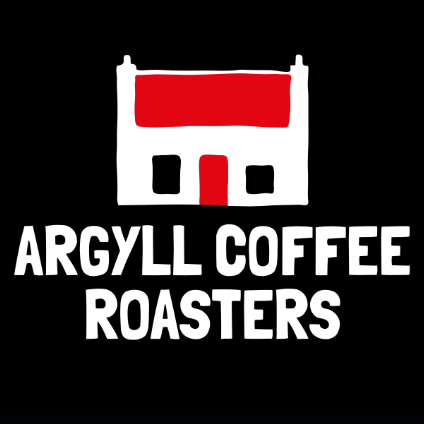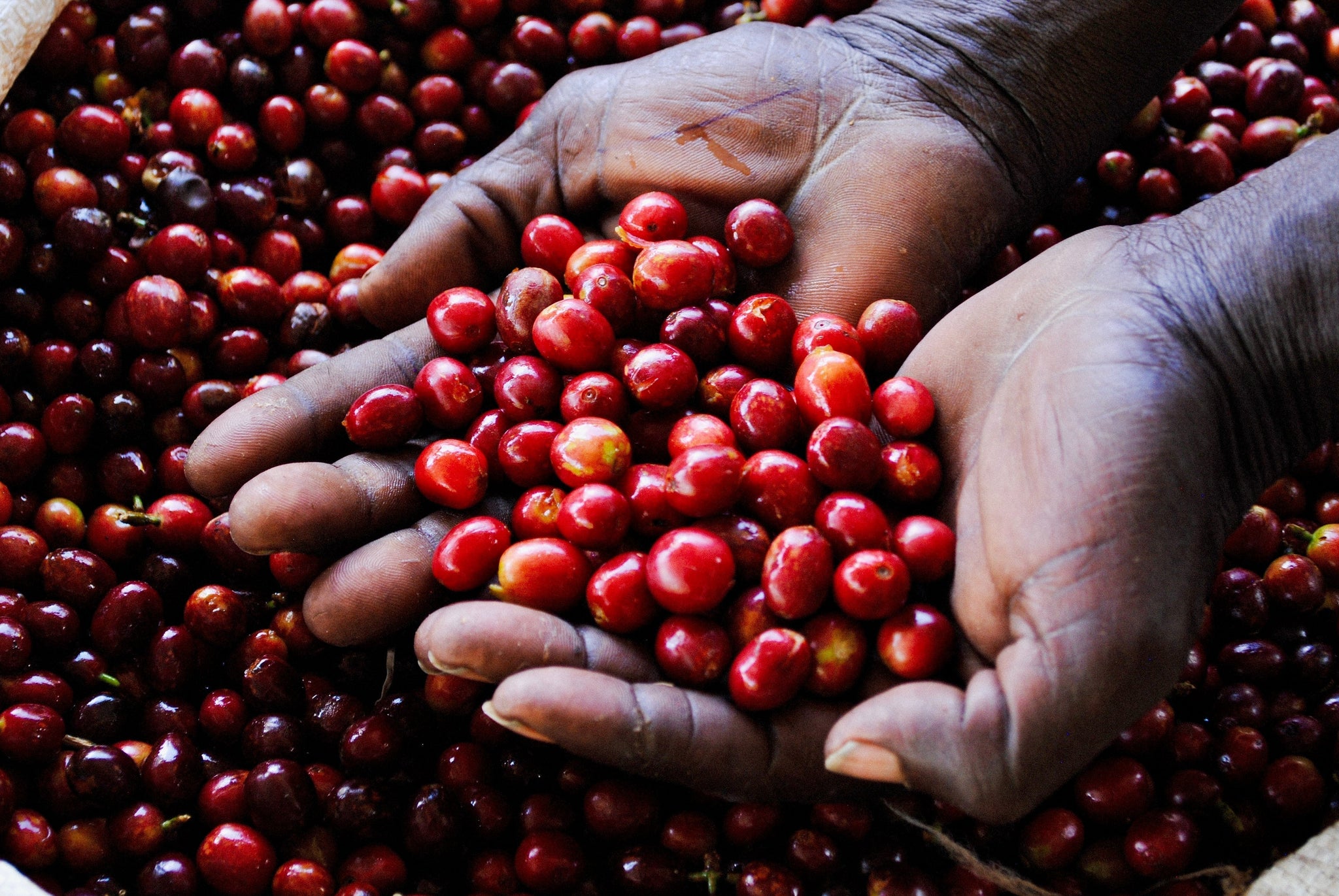Is it organic?
This is a question we get asked quite a lot about our coffee. Our customers generally want to make ethical buying choices, and this is a completely fair question.
But it’s quite hard to answer, because the issue of organic certification in speciality coffee isn’t simple. Organic is a term rarely seen on speciality coffee packaging, and here’s why.
Organic certification is expensive
In order to get organic accreditation, coffee farms need to go through a process of organic certification to show they meet organic criteria and standards. The process of applying for and receiving organic certification is lengthy and expensive.
Many coffee farmers are poor and they farm on a small-scale, growing coffee among other crops. In Ethiopia, for example, people will have a small amount of land around their house where they grow coffee along with a mixture of other crops, some of which they harvest for themselves and some of which they sell.
The process of accreditation just isn’t affordable for many of them. Think of the costs to the farmer for getting certified - submitting paperwork such as drawings of the land, proof of no chemical inputs, visits by inspectors and the payment of fees.
Plus the investment in certification doesn’t not necessarily mean they will get more money for their coffee - so there’s a big risk.
It is organic, just not certified
And here’s the thing. Many of the coffee farmers are already using organic farming techniques, for a number of reasons.
Firstly, because they can’t afford expensive fertilisers and pesticides.
Secondly, to grow quality coffee you need to do these things anyway - coffee plants thrive in shade, so farmers protect natural forests and bio-diversity to provide shade for their coffee plants.
Thirdly, the growing locations are mountainous and hard to reach - farmers recycle coffee waste and leaf litter as compost rather than transport expensive fertilisers to high altitudes.
Many of the growers we buy from farm organically out of necessity, they just don't have the funds to certify themselves. |
Quality versus organic certification
In many industries organic is associated with quality. But in coffee, there can actually be an inverse relationship.
High-quality coffee commands a premium regardless of certification, so the organic certificate itself does not necessarily increase the earnings for the farm and in some cases the costs are prohibitive.
Organic certification is more likely to be used by a larger farm (which can afford it) to drive up the price (and demand for) middling-quality coffee. So in some cases organic labeling can actually signify a lower-quality coffee.
So what do we do?
We want to make the right buying decisions, balancing quality with environmental and social responsibility. These are a few of the things that help to guide us.
Small scale
The coffees that do get organic certification tend to be larger farms, and as a small business, we prefer to work with small-scale family farms. When you buy speciality coffee from us you know where the coffee is grown, and in the main it comes from a small-scale, family run high-altitude farm producing extremely high-quality coffee.
We know how the coffee is grown because we trust our importers and they provide us with tonnes of information. We had a incredible coffee once that gathered guano (bird poo) from a nearby island to fertilise their crops because it was an amazing fertiliser which made their coffee plants grow better - not because they wanted to be certified
.
Cooperatives
We look out for organic coffee that comes from a cooperative, for example we have sourced organic coffee from a Peruvian cooperative in the past. This is the way that small-scale farmers can get access to organic certification.
Quality
We keep our focus on sourcing the very best coffee. We won't want to only roast certified organic coffee, because what about the huge number of amazing growers for whom certification is not an option? Organic certification give competitive advantage to large scale producers over small ones.
Yes we buy organic certified coffee sometimes. But in the main we roast incredible coffees grown in smaller farms, with full traceability about environmental practices and management.


